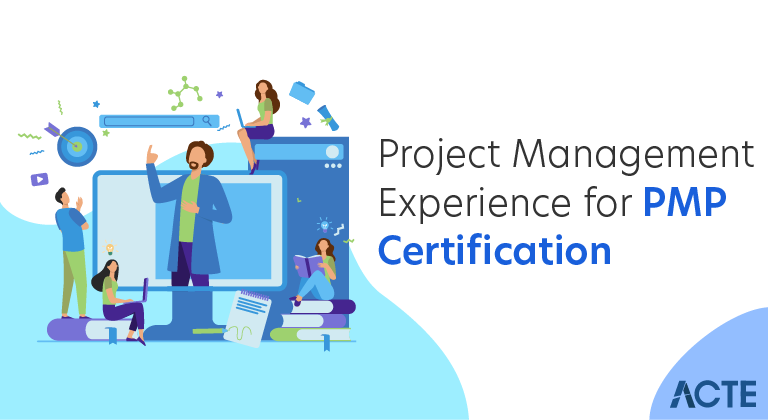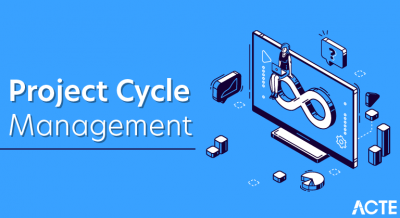
If you’ve ever applied for a project management position or looked into getting a project management certification, you’ve likely come across a requirement for “project management experience.” For example, consider that for a Project Management Professional (PMP) certification, PMI wants you to demonstrate at least 4,500 hours of experience leading and directing projects. For the Certified Associate in Project Management (CAPM) degree, you need 1,500 hours of experience or 23 hours of related education.But while project management experience is clearly a prerequisite for many job and educational opportunities, you may be wondering what qualifies as project management experience — and how you can go about getting it.
What qualifies as project management experience?
Experience in project management refers to time spent planning, leading, directing, and managing projects. For example, some typical responsibilities of a project manager include:
- Planning: Project managers create a blueprint that will guide the entire project from idealization to fruition, clarifying its scope, necessary resources, anticipated time frame, communication strategy, and more.
- Leading: Project managers lead the project team through the process, meaning they have excellent communication and people skills.
- Execution: A project manager is likely to engage in the tangible activities required for moving the project forward.
- Time management: Project managers keep everyone on schedule and, when issues arise, are responsible for resolving them and communicating effectively with team members and other stakeholders.
- Budget: A key responsibility for project managers includes coming up with — and sticking to — a budget for the project. If unexpected financial issues arise, it’s up to the project manager to manage them and reallocate resources where necessary.
- Documentation: Project managers keep a record of each project’s progress with tools such as data collection and status reports.
- Maintenance: It’s crucial to come up with a plan for the ongoing success of the deliverable; this includes troubleshooting and maintenance.
Participating in any of these activities can qualify as experience in project management.
For different positions, it might look like this:
- Initiation – Team lead for React website build for X company
- Planning – Planned infrastructure upgrade for X company
- Execution – DevOps support for X project
- Monitoring and Controlling – QA lead for X portion of X project
- Closing – Software developer for the release of X project
It’s okay that you might have more experience in one phase than others. In fact, you should.
How to get project management experience
- First things first: You don’t have to have “project manager” in your job title to get project management experience. As industry veteran Frank Ryle told Fast Company several years ago: “Lots of people have projects in their work, they just don’t know it. Software has automated a lot of things, but not goals, resources, and products. That’s something you can find in all kinds of work.”
- On-the-job work doing any of the activities listed above counts as project management experience; review your past roles and responsibilities to see if you already have some related experience under your belt. If you find that you don’t already have a track record in those arenas, you could consider volunteering to manage small projects for your company, job shadowing with a mentor, or apprenticeships, which introduce you to important project management practices and principles and help you form the networks you need to get your first project management job.
- If your organization has a Project Management Office, get in touch and offer to pitch in however you can. If your company doesn’t have a PMO, consider speaking to your supervisor and human resources department about setting one up. The experience of doing it — as well as the initiative you’re showing — will go a long way.
- Finally, you can always invest in some quality project management courses. Not only will these expose you to valuable industry knowledge and experience, but they may offer an opportunity for you to make connections with other like-minded professionals so you can land a project management job.
Experience through participation
But the important question is how do you get that experience in the first place? There are several ways you can serve in a project leadership role without a certification in place.
- Work experience – Look for ways you can get project leadership experience at your own organization. Even without being a project manager, you can easily jump on a project (if you aren’t working on one already). Even if you’re not managing projects, you can count your participation in execution, or monitoring and controlling.
- Volunteer experience – It may seem painful to work for free, but it’s a great way to get hours of experience. CBT Nuggets trainer Jeremy Cioara is a big fan of volunteer work as a means to gain technical experience. For instance, if you’re setting up a WiFi network at a church or building a website for a non-profit, you’re gaining experience in all five category areas.
- Side projects – If you have extra time, take a side gig. You can find freelance project management work. It’s just a matter of getting out there and networking.
As you work your way toward certification, make sure you log every hour you put in on projects, separating the work into the correct categories. This will make it easier when it’s time to hand your documentation over. Make sure you ask each project lead for a reference to make the auditing process easier.
Keep accurate records of your experience
- We’ve heard from project managers that the hardest part of the certification isn’t the test. It’s documenting your years of projects. Let’s break that down:
- You need 4,500 hours for PMP. If you’re working on some element of a project for 40 hours per week, you’ll have to account for about two years and two months of experience. Can you remember what you did in February two years ago?
- It’s better if you accurately log your experience as you go along — emphasis on accurately. The biggest risk you’ll face is that you might be audited on that experience, which means that you’ll have to get a signature from the leader of each project certifying that you put the number of hours into the work that you stated you did.





